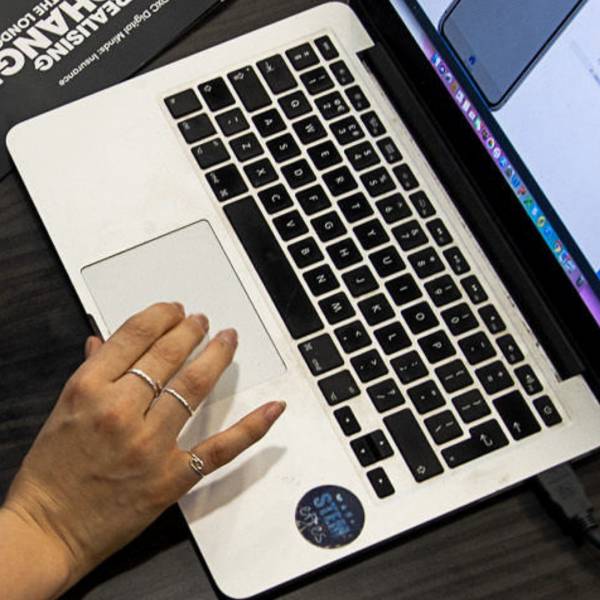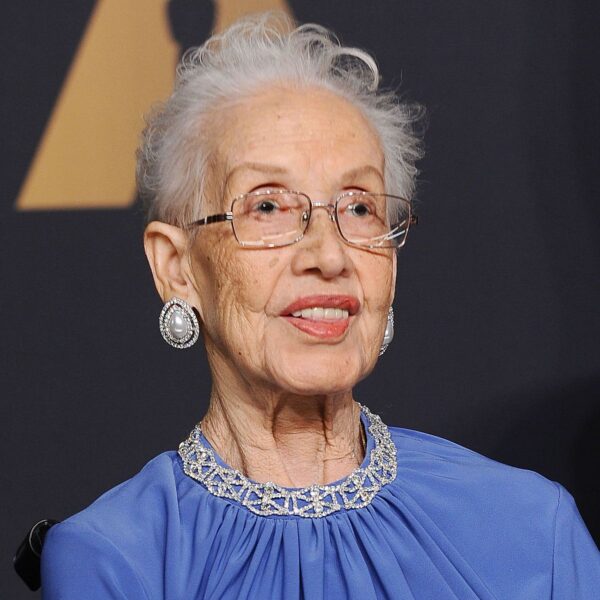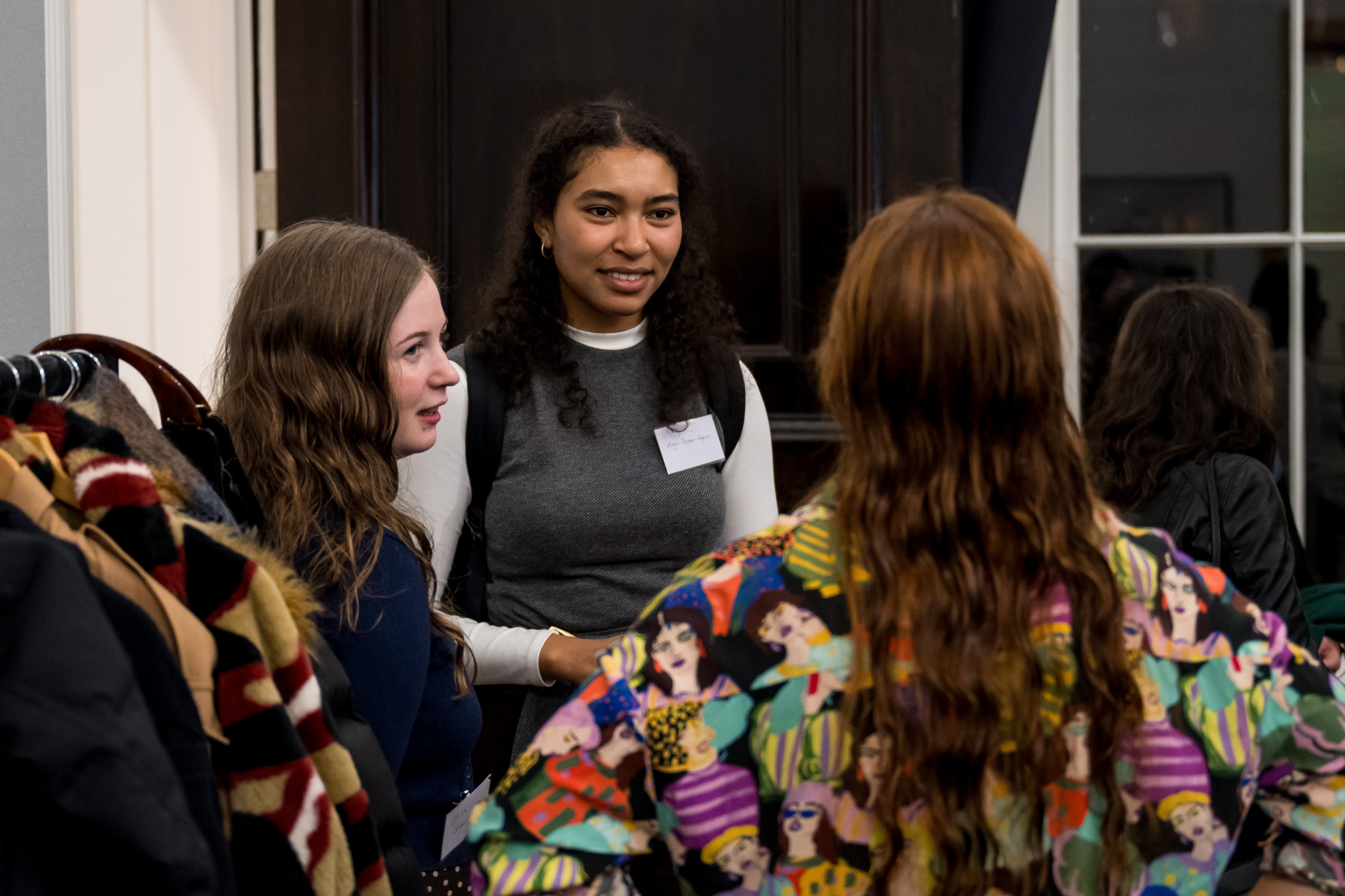When I was 16 years old and in my first year of A-Levels, I was enjoying Further Maths. I loved how I could find maths everywhere I went! I loved the Numberphile and 3Blue1Brown channels on YouTube. I used to watch one YouTube video every night before bed, and I first encountered Dr Hannah Fry on Numberphile.

What interested me was how Hannah mentioned that crime and terror attacks weren’t independent events. This means that when one event happens, the chances of another event happening afterwards increase. This threw the maths as we knew off balance! I found it so interesting how you can use maths to predict everything, which is exactly what Hannah Fry’s research is based on.
Hannah researches trends in everyday life. She sees how she can use maths to forecast the future and she is currently a lecturer at UCL. After I watched Hannah Fry on Numberphile, I started to see her everywhere! I watched her BBC programme on Ada Lovelace, called ‘Calculating Ada: The Countess of Computing’. I was so mesmerised by how enthusiastic about maths she was.
She released a book which connected philosophy and ethics to mathematics. I read the whole book the night I bought it. In Hello World, Hannah wrote about how algorithms work for us, but also how they can work against us. She spoke about driverless cars and the ‘trolley problem’, which is a famous problem in which you’re riding a trolley and in the track in front of you, there are five people all tied up, but you can choose to change to the second track, where there is only one person tied up. I loved the book and I was delighted to find out that she was hosting a talk on her book, and I jumped at the chance to go! She talked more in-depth about AI (artificial intelligence) and it made me consider how my data can be used against me – I’ve started searching for flights in incognito mode now.

What really supported my idea that maths reflects the world was her talking about human judges versus AI judges. Human judges subconsciously can give different sentences, based on their prejudice and even their mood on that day. Using AI would provide consistency and objectivity, as they analyse and use previous sentences to give their judgement. However, it reflected how the system can be racist and classist, as the previous sentencing data could have included biased rulings that were influenced by a defendant’s race, gender or appearance, making the new sentence reflect that prejudice. It gave me a lot to think about and consider – but the best part was meeting the mathematician whose work revolved around what I love about maths the most: how it reflects real life.
This article has been written by Stemette, Hadiyah.
If you feel inspired, read Dr Hannah Fry’s book Hello World: How to be Human in the Age of the Machine and also listen to her podcast called The Curious Case of Rutherford and Fry.






